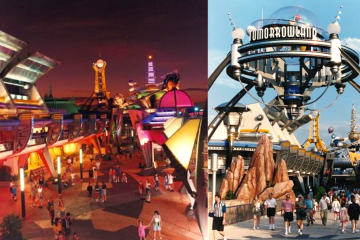Algeria: A Focus on Current Events and Economic Trends

Introduction
Algeria, the largest country in Africa, has been a focal point in recent geopolitical discussions. With its rich natural resources and strategic location, the country plays a critical role in North African and Mediterranean dynamics. Recent events indicate shifts in both political landscape and economic policies that are vital for regional stability and growth.
Current Political Climate
Following the 2019 protests that led to the resignation of President Abdelaziz Bouteflika, Algeria has continued to grapple with political unrest and demands for reform. The current administration, led by President Abdelmadjid Tebboune, has promised a course of action toward economic diversification and political transparency. However, protests have resumed in recent months, with citizens advocating for more significant changes regarding governance and human rights issues.
Economic Updates
Algeria’s economy is heavily reliant on hydrocarbons, which constitute a significant percentage of its GDP. The government has been promoting diversification efforts, with a focus on agriculture, tourism, and renewable energy. Recent investments in solar energy projects highlight this commitment, with Algeria aiming to become a regional leader in sustainable energy production. Nevertheless, fluctuations in global oil prices continue to pose challenges, impacting government revenues and economic stability.
Regional Relations and Security
Algeria’s role in regional security has also come under scrutiny, particularly in light of the ongoing threats posed by extremist groups in the Sahel region. The Algerian government has increased its military collaboration with neighbouring countries and has been proactive in diplomatic efforts to foster stability across borders. Despite these initiatives, the internal security situation remains precarious, with authorities continually working to manage the complexities of ethnic diversity and social expectations.
Conclusion
The path forward for Algeria appears complex, with both opportunities and challenges ahead. As the country navigates through its socio-political transitions and economic reforms, its engagement with citizens and the international community will be crucial. Observers predict that Algeria will continue to be a significant player in the North African landscape, influencing not just immediate neighbouring states but broader Mediterranean politics and economic strategies as well. Understanding these dynamics is essential for anyone interested in the future of North Africa.









